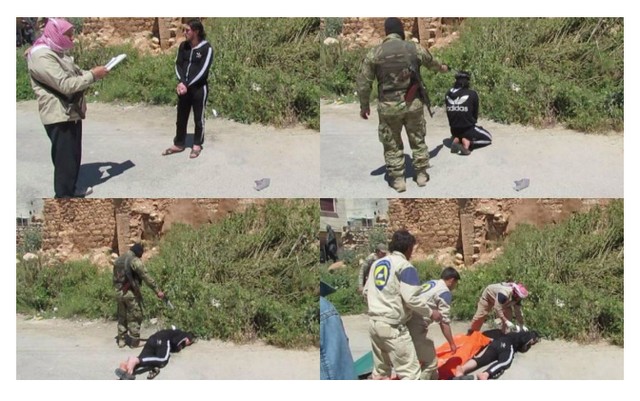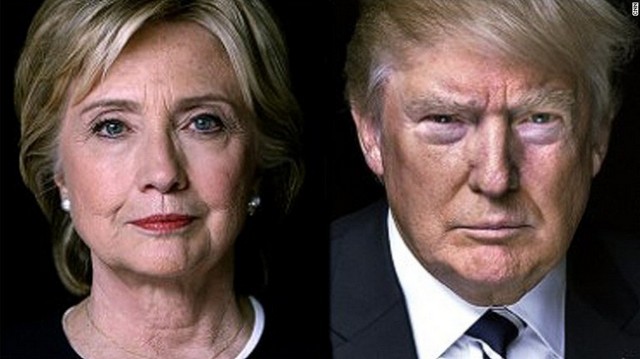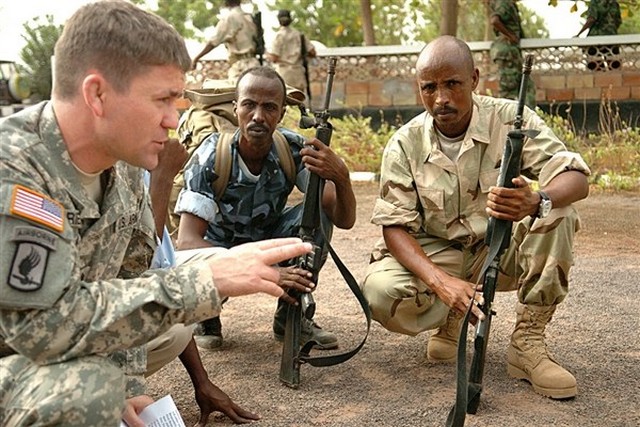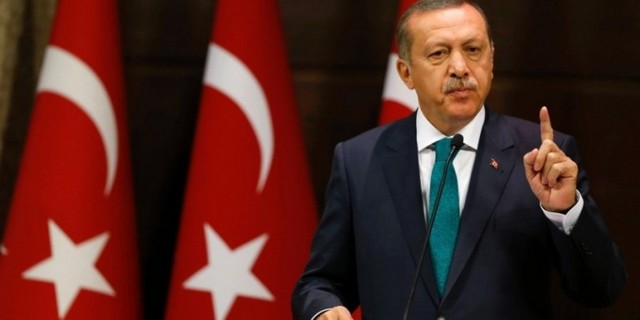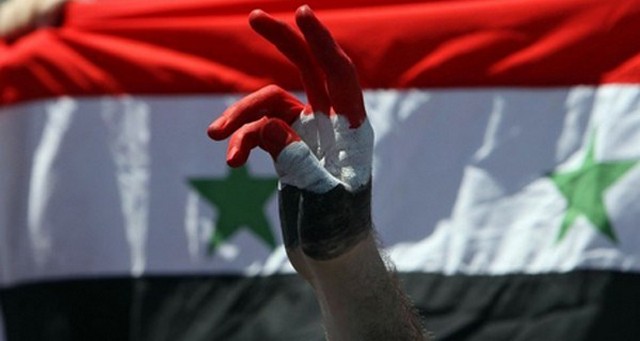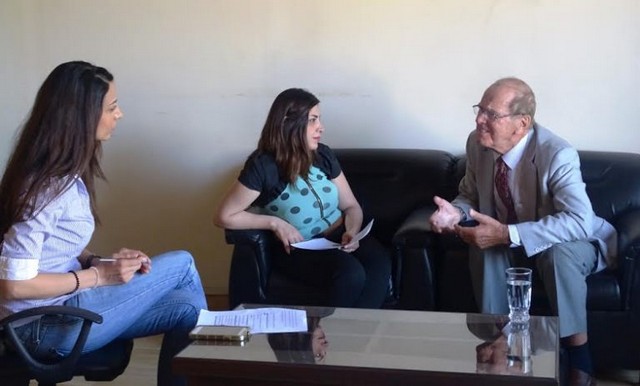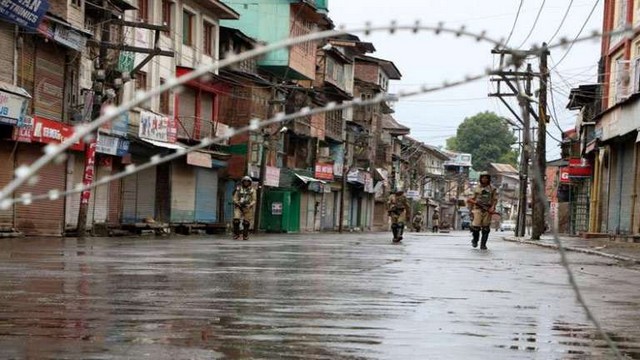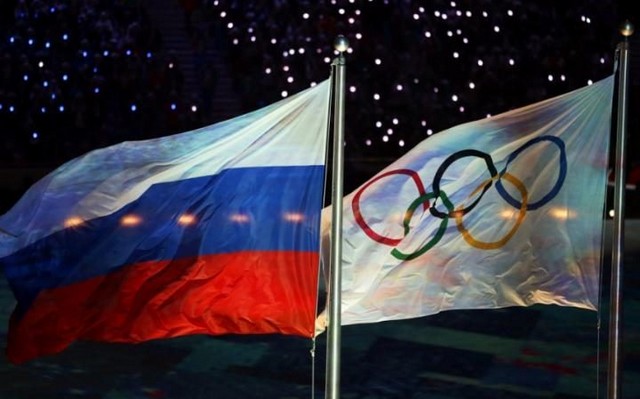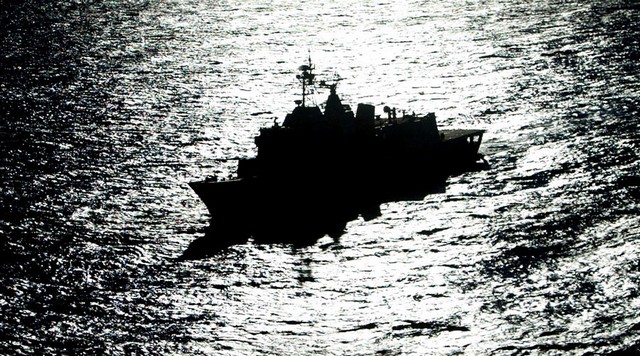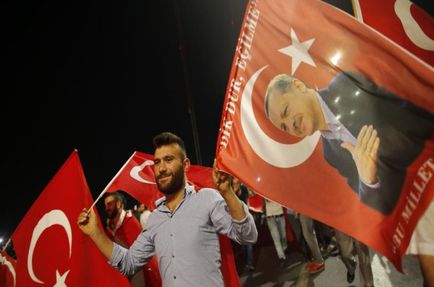By Eric Zuesse
A four-minute video that was posted to youtube on April 29th documents that the U.S. government has been lying about an organization, the White Helmets, the U.S. government hires to assist Syria’s Al Qaeda, called “Al Nusra,” to dispose of corpses of persons Al Nusra executes. Nusra kills Syrian government soldiers; and, according to Seymour Hersh and other investigative journalists, has, throughout the Syrian war, been supplied guns and other weapons by the governments of U.S., Saudi Arabia, Qatar, and Turkey, for that purpose. This is part of America’s operation to overthrow Bashar al-Assad, whom even Western polling shows to be popular amongst the Syrian general population. That same polling shows Nusra and other jihadist organizations (and the U.S. government, which arms them) to be extremely unpopular in Syria.
On April 19th, the U.S. State Department had blocked entrance into the United States by Raed Saleh, the head of the White Helmets, and refused to say why. Saleh had been invited to receive in NYC an award by USAID and NGOs that the U.S. government finances, but he was barred at the airport, apparently because the FBI had placed him onto its no-fly list as a known terrorist.
The White Helmets claim to receive no funds from any government, but the four-minute video shows a State Department official admitting “we supply through USAID about twenty three million dollars in assistance to them” (which might be annually, but that question wasn’t addressed in the video). The White Helmets’ founder, James Lemesurier, is himself funded by the governments of UK, Japan, Denmark and Netherlands, all of which are likewise trying to overthrow Assad.
Thus, U.S. and other Western taxpayers are funding this allegedly ‘non-partisan’ and ‘humanitarian’ but actually jihadist, organization, whose leader was, on April 19th, prevented from receiving in the U.S., a ‘humanitarian’ award, for processing corpses that Nusra — which the U.S. government also supports — is producing. The White Helmets also rescue jihadists (and their inevitable civilian hostages), who have been injured by Syrian government forces. That’s their ‘humanitarian’ work. This video shows jihadists cheering White Helmets. The anti-Assad ‘charities’ that were wanting to award Raed Saleh in the U.S., have said they’ll instead do it in Turkey, which is a U.S. ally — even a member of NATO.
As regards what the Syrian public think, it’s highly favorable toward Assad and highly unfavorable toward the jihadist organizations that now infest their country from abroad, and also against the United States, which they view as being the main source of this ‘civil war’ (which is instead actually a foreign invasion of their country).
The video also shows the British agent (and Britain is yet another U.S. ally) who founded and organized the ‘non-partisan humanitarian organization’, White Helmets, Mr. Lemesurier.
The Syrian government is an ally of Russia, and America’s policy is to overthrow and replace the leader of any nation who is friendly toward Russia, such as Saddam Hussein, Muammar Gaddafi, Manuel Zelaya, Viktor Yanukovych, or Bashar al-Assad. These governments then become failed states. When Zelaya was replaced in 2009, the country he led, Honduras, became a narco-state and has since had the world’s highest murder-rate. Jihadists weren’t even needed in the Honduran case. The U.S. government didn’t perpetrate that particular coup, but only helped it succeed and enabled the installed new regime to remain in power. The Honduran coup was actually perpetrated by agents of that country’s twelve aristocratic families, who own almost all of the country. However, normally, the U.S. government itself overthrows the leaders it doesn’t like, and doesn’t merely aid the regimes that a coup by the local aristocracy has already installed. Hillary Clinton, the U.S. Presidential candidate, was the key person in the Obama Administration who worked, behind the scenes, to keep in power the coup regime that took over in Honduras on 28 June 2009. Without her assistance to the Honduran coup-regime, Zelaya, whom virtually all other governments supported as being still the legal leader of Honduras, would have been restored to power; the coup-regime would have had to bow out. By contrast, her — and President Obama’s — efforts to replace Syria’s secular but nominally Shiite President Assad, by using Saudi-funded foreign-imported Sunni jihadists, haven’t been nearly so successful, unless creating the highest degree of misery among the residents in any country in the world, is viewed by Obama and Clinton as ‘success’.
As I had reported on April 16th, headlining, “Why Obama Prioritizes Ousting Assad Over Defeating Syria’s Jihadists”:
The “2016 Global Emotions Report” by Gallup, surveying over a thousand people in each one of 140 different nations, found that, by far, the people in Syria had “the lowest positive experiences worldwide,” the people there were far more miserable than in any other nation. The score was 36 (on a scale to 100). Second and third worst were tied at 51: Turkey because of the tightening dictatorship there as Turkey has become one of Obama’s key allies in toppling Assad; Nepal, on account of the earthquake.
So: America certainly doesn’t give a damn about the sufferings of the Syrians, and of the Iraqis, sufferings that the U.S. itself caused and which invasions by us (and by the jihadists we and our Saudi and other ‘friends’ have armed and assisted to get into Syria through our ‘friend’ Turkey) have produced the two nations with the most misery on this planet. Our Presidents mouth platitudes of ‘caring’, but, to judge by their actions, are merely lying psychopaths. But whatever they are, they’re causing the most misery of anyone. How much coverage of that fact is there in the American press? Hasn’t America’s press actually been complicit in this, all along?
So, this is the reason why the U.S. government refuses entry to a terrorist it hires to create hell for the people in Syria: it doesn’t want individuals such as Raed Saleh inside the United States. America’s leaders know that, if something like this happens, and if word of it becomes well known, the American public could become even less supportive of their leaders than they already are. It’s not what America’s aristocracy want. They might not care about the American public, but they care very much about staying in power, regardless whether under the “Democratic” or under the “Republican” label.
Back on 26 June 2015, Raed Saleh had somehow been allowed into the United States, to address an “Arria” briefing (named after the far-right aristocratic military Venezuelan diplomat and member of the U.S. aristocratic Council on Foreign Relations, Diego Arria) to the U.N. Security Council, where Saleh announced in his opening paragraph that his focus would be “to convey the message of the search and rescue teams in Syria about the suffering of the Syrian people due to the regime’s bombing with indiscriminate weapons, particularly barrel bombs.” Those were the cheap, even amateurish, improvised bombs that the Syrian Army were using to kill as many of the jihadists as they could, but which also inevitably killed and maimed also many Syrian civilians in the occupied areas of the country — there’s no way to avoid it. Saleh’s speech didn’t mention any of the many foreign jihadist groups such as Nusra and ISIS that were and are killing far more of everybody than Assad’s forces were. His focus was instead totally against Assad and the government’s forces, not at all against the jihadist mercenaries who had entered the country and made hell there; and, Saleh said, “The Syrian people who are being killed every day, Ladies and Gentlemen, hold you responsible” for not helping those jihadists eliminate the existing Syrian government. He said this without at all referring to what even Western polling of Syrians had consistently shown to be the case, which was the exact opposite: they hold the U.S. to blame and they loathe the jihadists and support the government. So, clearly, the United States did the correct thing when finally placing this jihadist of theirs onto America’s no-fly list. To the exact contrary of the U.S. government’s propaganda which says that he’s a hero and that he and his organization are ‘nonpartisan’ and that he is, as he calls himself, “the head of Syrian Civil Defense,” that appellation for him is like calling Hitler’s medics during his invasion of, say, France, “French Civil Defense.” George Orwell’s allegorical novel 1984 has clearly been surpassed in today’s reality. The extent to which Western publics accept the arrant lies they’re fed is exceeding, perhaps, even Orwell’s expectations.
So: one typical piece of Republican propaganda about the White Helmets is the May 1st article in the Wall Street Journal, “White Helmets Are White Knights for Desperate Syrians”, while a typical piece of Democratic propaganda about them is the New York Times eleven days earlier, on April 20th, which headlined “Leader of Syria Rescue Group, Arriving in U.S. for Award, Is Refused Entry”, and it reported there that “Joshua Landis, a Syria expert at the University of Oklahoma at Norman, called the denial of entry ‘a scandal.’ ‘The White Helmets are one of the few organizations in Syria that have been above reproach,’ he said. ‘They have tried to observe strict neutrality in order to facilitate their humanitarian work and save lives. To do this they have worked along side all sorts of militias in order to get to victims of the fighting.’” He didn’t say that the “militias” are overwhelmingly foreign jihadist groups paid by America’s fundamentalist-Sunni allies the Sauds, and Qatar’s royal family the Thanis, to overthrow the secular Shiite Assad. But, after all, it’s only propaganda, anyway. Right?
Furthermore, the Syrian public might view that conception of ‘strict neutrality’ much the way Jews in Hitler’s concentration camps viewed the conception of ‘strict neutrality’ as between themselves and their oppressors, or the way Chinese in the Nanjing Massacre viewed that ‘strict neutrality’ between themselves and the Japanese invaders. And, polls in Syria do show they view the U.S. and its allies as the invaders. Instead of ‘strict neutrality,’ the U.S. and its allies are the foreign invaders, and not at all ‘neutral’. And, to state this documented fact (documented here by the links) isn’t propaganda at all; it’s news-reporting, in an entirely verified historical context (which is very different from propaganda).
What that four-minute video shows is news-reporting, in exactly this sense. That’s why it’s presented here: it brings all of this together, succinctly; and what I’ve done here is to document some of its important historical context, to help people who are skeptical of it (and, in such a lying world, everything should be viewed with a scientist’s skepticism) understand and evaluate it, at a deeper level than a mere four minutes can possibly present, even in a video.
—————
Investigative historian Eric Zuesse is the author, most recently, of They’re Not Even Close: The Democratic vs. Republican Economic Records, 1910-2010, and of CHRIST’S VENTRILOQUISTS: The Event that Created Christianity.
Originally posted at strategic-culture.org
5 August 2016

